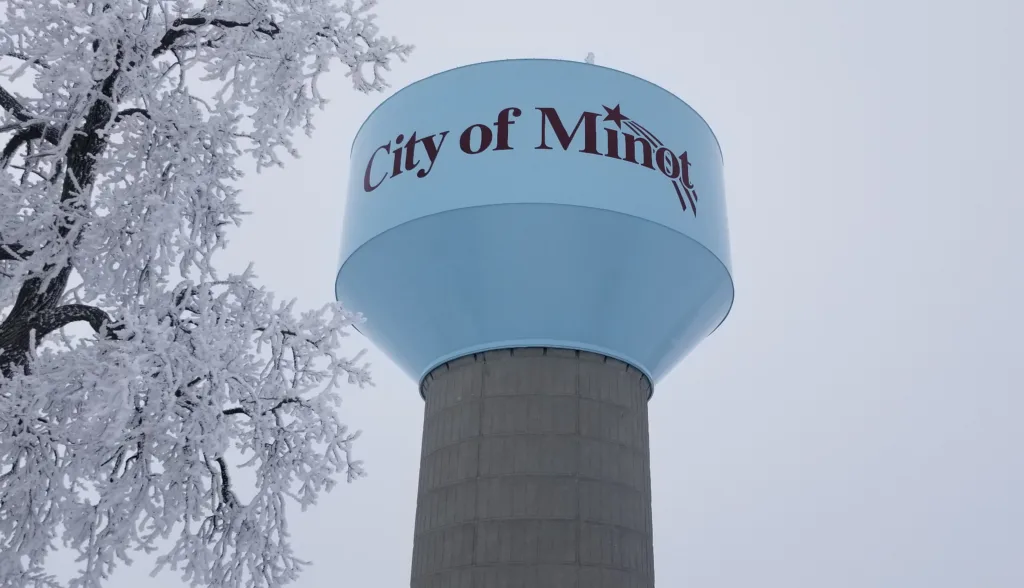

Minot-Thursday saw The City of Minot shared their 2024 Water Quality Report via the Minot Water Treatment Plant. Minot's drinking water once again met all federal and state safety standards in 2024, according to the report. While the city continues to deliver clean water to residents, it emphasizes a bigger focus on identifying and eliminating any potential lead service lines, especially those located on private property, which is where the vast majority of water quality issues lie.
Routine testing throughout 2024 found no violations of any Maximum Contaminant Levels (MCLs) established by the Environmental Protection Agency. The report includes test results for fluoride, nitrates, disinfectants, and disinfection byproducts, all of which were within safe ranges. The city sources its water from two aquifers, the Sundre (66%) and Minot (34%), and is preparing to supplement those with water from Lake Sakakawea via the Northwest Area Water Supply (NAWS) project beginning later this year.
While overall compliance was maintained, two samples collected during lead and copper testing exceeded the EPA’s action level of 15 parts per billion (ppb), with one result measuring as high as 104.4 ppb. The result was in the 90th percentile, the figure used by the EPA to assess system-wide risk was 13.5 ppb, just under the federal threshold. The presence of lead is typically linked to older plumbing and service lines rather than the water supply itself.
“There is no safe level of lead in drinking water,” the report warns. Exposure can cause serious health effects across all age groups, particularly for infants, children, and pregnant individuals. Effects can include decreased IQ and/or attention span, learning and behavior problems, and increased risks of cardiovascular and kidney conditions in adults.
As part of new federal regulations under the revised Lead and Copper Rule, the City of Minot completed a service line inventory in 2024, categorizing properties based on whether they are connected to lead, galvanized, unknown, or non-lead lines. For homes where the material could not be verified, the city must assume the presence of lead unless residents provide updated information. To mitigate risk, the report recommends using only cold water for drinking and cooking, flushing pipes before use, and considering a certified lead-reducing filter.
The city emphasized that most water customers share responsibility for their service line. The portion from the water main to the curb is city-owned, but the pipe running from the curb to the home falls to the property owner.
For questions about your water service, contact the Water Treatment Plant at (701) 857-4760 or Public Works at (701) 857-4140.